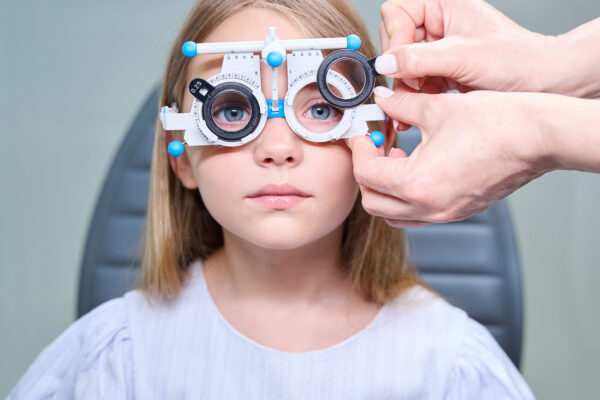Understanding the Science Behind Safe, Effective Cleansing
By Jamie Bussin and Dr. Kate Hunter ND
What do you think about when you read the word “detoxification”? Quite literally, it means the process of removing toxic substances or qualities. But the word might remind you of drug or alcohol rehabilitation. And if you’re into health and wellness you might think of an herbal cleanse or elimination diet.
What it shouldn’t be confused with, according to Dr. Kate Hunter ND, is weight loss. We discussed what a healthy detoxification should look like on Episode #333 of The Tonic Talk Show/Podcast. This is a digest of that conversation.
Our bodies are constantly taking in, storing and eliminating toxins. We breathe in toxins. We consume them in our food. Those toxins might be herbicides, pesticides, antibiotics, or hormones that exist in our food and personal care products. Or they might be environmental toxins in the air. Sometimes toxins are stored in our fat cells and adipose tissue.
We have several organs that help expel toxins; our skin when we sweat, our lungs when we exhale, our kidneys when we urinate and our bowels when we excrete.
The organ most closely associated with the processing of toxins in our body is the liver. Detoxification is its main purpose. It is a wonderfully resilient and regenerative organ that can process the toxins we take in. Of course there are limits. Chronic intake of alcohol, fat and sugar might eventually lead to inefficiencies and break down.
So when we consider detoxification what we’re really talking about is supporting the organs that do the hard job of toxin elimination.
What do the organs of elimination do?
- The liver binds toxins and converts them to be water soluble so that they can be excreted from the body
- The bowels are where the toxins collect after conversion and then leave the body
- The kidneys filter our blood, with certain toxins eliminating through the urine
Detoxifications aren’t appropriate for everyone. According to Dr. Hunter those suffering with constipation, IBS or IBD, frequent urinary tract infections or cystitis are not appropriate candidates for detoxification.
Skin conditions such as acne or eczema suggest that your liver is not working properly to convert the toxins to be water soluble, but rather remaining fat soluble and excreting through the skin. Dr. Hunter recommends against detoxification, but rather a rerouting of detoxification first. There are herbal remedies that serve to drain the toxins from the skin and send them back to the liver for re-processing.
Nobody should undertake a detoxification without first getting the recommendation of their primary health care provider (ie. physician or naturopathic doctor). Tests should be undertaken first to determine the functionality of the liver, kidney and bowels.
Everybody’s procedure will be different, but what does a detoxification look like? Dr. Hunter distinguishes the type of detoxifications she guides her clients through as opposed to the off the shelf detox kits available over the counter or from a health food store that “irritates your guts and gives you diarrhoea for a week.” Those are just irritants to your system that cause voidance that is too quick to be useful.
According to Dr. Hunter a good detoxification might include:
- Herbs to help the liver do its job
- Eliminating potential irritants to your system such as alcohol, caffeine, gluten and dairy
- Including more fresh clean water (ie. warm water with lemon to support the kidneys)
- Including probiotics
- Including demulcent herbs to help support the mucus membranes in your digestive tract
Will a detoxification radically change the way you feel? What are reasonable expectations? According to Dr. Hunter indications of a successful detox include:
- Better sleep
- More energy
- Better skin tone
- Regular bowel movements
So, if you’re feeling lethargic or suffering from malaise, consult your attending caregiver and consider a detoxification.




